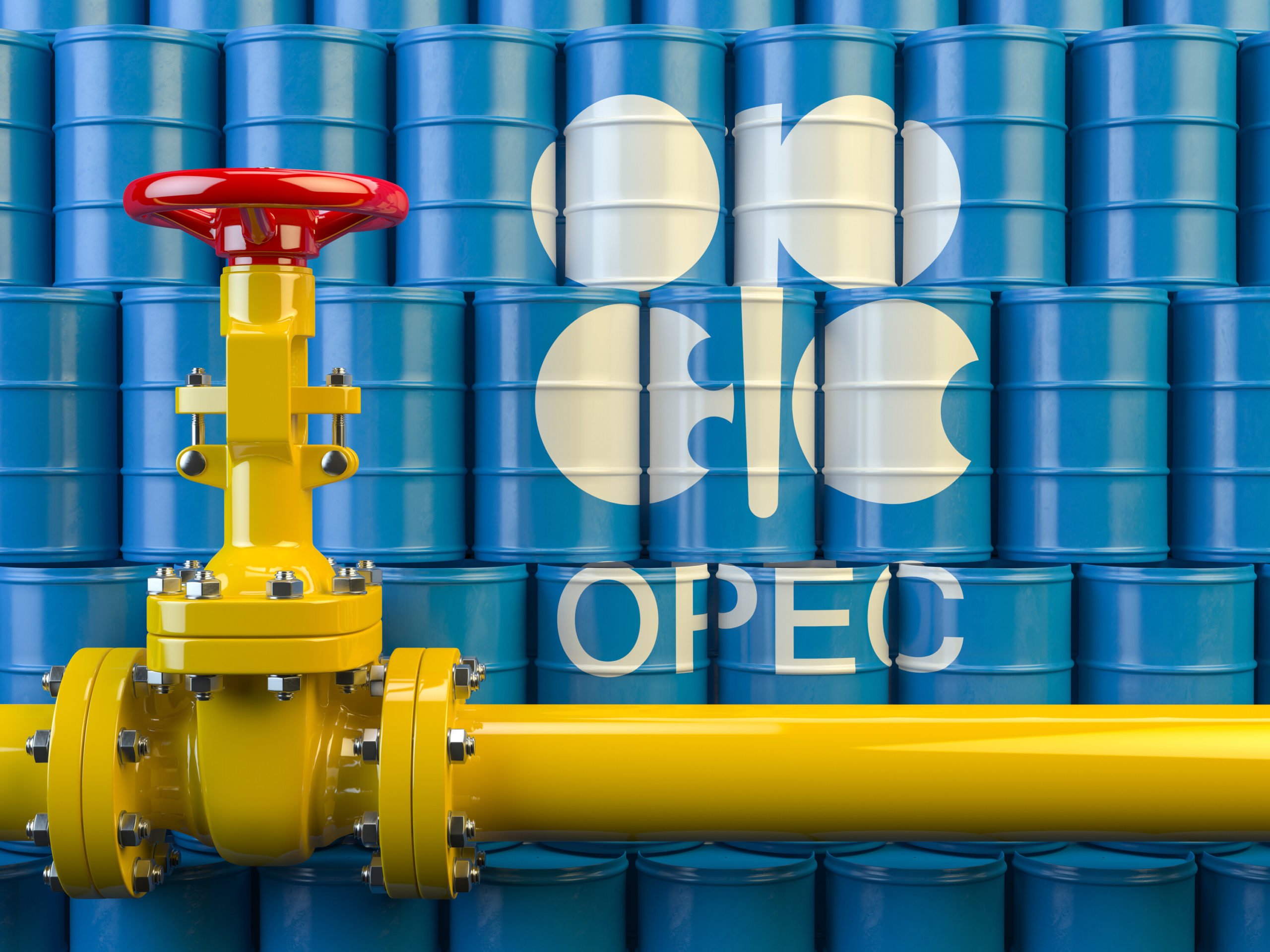RIYADH: Although there are no signs yet that officials in the Gulf countries are seeking to increase output quicker than currently envisaged to offset the possible loss of Russian crude output due to EU sanctions, analysts at Capital Economics believe that “policymakers in the Gulf eventually shift tack, not least to bolster their strategic interests in the oil market.”
Capital Economic expects Russia’s crude oil exports to fall by around 1 to 1.5mn barrels per day over the course of the year as the EU will phase out crude oil imports from Russia within six months, and petroleum products by the end of the year.
“There is a strong chance that the Gulf countries will eventually step in to raise output more quickly, providing a fillip to economic recoveries,” analysts wrote in a recent report.
One consequence is that the oil sector will make a major contribution to gross domestic product growth across the Gulf economies in the next few years, it said.
Stronger oil production, coming alongside the likelihood of looser fiscal policy, supports the firm’s forecast for the Saudi economic growth to be as high as 10 percent this year, the report said. This compares to the consensus expectation of 6.3 percent.
Although a further 250-bp hike by the Fed — expected through the end of 2023 — will create a headwind for the recovery in non-oil sectors across the Gulf as it is to “dis-incentivize borrowing and make it more attractive to save,” the impact of oil prices over $80 — as a driver for credit growth — tend to outweigh the negative effect from interest rates hikes, the report added.
According to findings by analysts of Capital Economics, during such periods — of the high price of oil — private sector credit growth in the Gulf economies strengthened as it usually ensured a looser fiscal policy and greater domestic economic confidence that drove demand for borrowing up.

